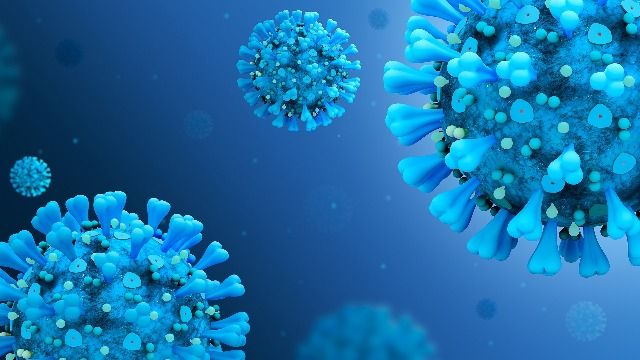Tesla is going to work with spaceships too. Enhanced partnership with SpaceX.
This is revealed by a new job position, for future designers who will range from electric cars to spaceships for Mars.
A couple of days ago SpaceX tested a prototype of the future Starship, the spacecraft that will be flying to the Moon and Mars. It was a rather raw reproduction, just slightly reminiscent of the style used in the digital rendering presentation. Today we discover that, as demonstrated by a new job place, Tesla’s may be called into the final design.
Tesla, in fact, looking for new experts, specifies that the tasks for future designers who will range from electric cars to spaceships for Mars. The growing collaboration between the two Elon Musk companies is therefore evident.









